Top three exams
In the year of Quy Hoi (1743, during the reign of King Le Hien Tong), Le Quy Don took the Huong examination and passed the Giai Nguyen (top) exam at the age of 18. After that, he married Le Thi Trang from Bich Cau ward. She was the 7th daughter of Le Huu Kieu, a doctor in the year of Mau Tuat (1718). Le Thi Trang passed away when she was not yet 30 years old, leaving Le Quy Don with 6 children.
Although he passed the provincial exam, he failed the subsequent national exams, so Le Quy Don stayed home to teach and write books for about 10 years (1743 - 1752). The historical book Dai Viet Thong Su (also known as Le Trieu Thong Su ) was completed by him during this period.
In the year of Ky Ty (1749), Le Quy Don took the Hoi exam again, this time passing the Hoi exam with the highest rank. When taking the Dinh exam, he also passed the Bang Nhan exam. Because that year's exam did not award the Trang Nguyen exam, it can be said that he passed all three exams with the highest rank.
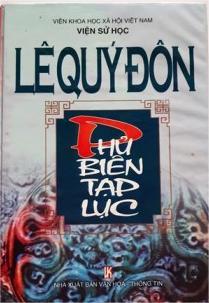
The work "Phu bien tap luc" by Le Quy Don
Photo: TL
Keep writing books
After passing the imperial examinations, in the year of Quy Dau (1753), Le Quy Don was appointed as a Secretary at the Academy. In the year of Dinh Suu (1757), he was promoted to the position of Lecturer at the Academy, and in this year he wrote the book Quan Thu Khao Bien - a comparative and illustrative study by Le Quy Don of historical figures and events of China from the Lower Zhou Dynasty to the Tang and Song Dynasty.
In the year of Ky Mao (1759), the court appointed him as Deputy Envoy, together with Tran Huy Mat and Trinh Xuan Chu, to lead the delegation to the Qing Dynasty (China). On the way to Yen Kinh (now Beijing), Le Quy Don saw that the Qing Dynasty officials had the habit of calling the Dai Viet delegation "di quan, di muc" (barbarian officials), he spoke out against it, and from then on they called our country's delegation "An Nam tribute envoy". During this diplomatic trip, he was visited and had drinks with high-ranking Qing Dynasty officials such as Minister of War Luong Thi Chinh, Minister of Public Works Quy Huu Quang and many other famous officials.
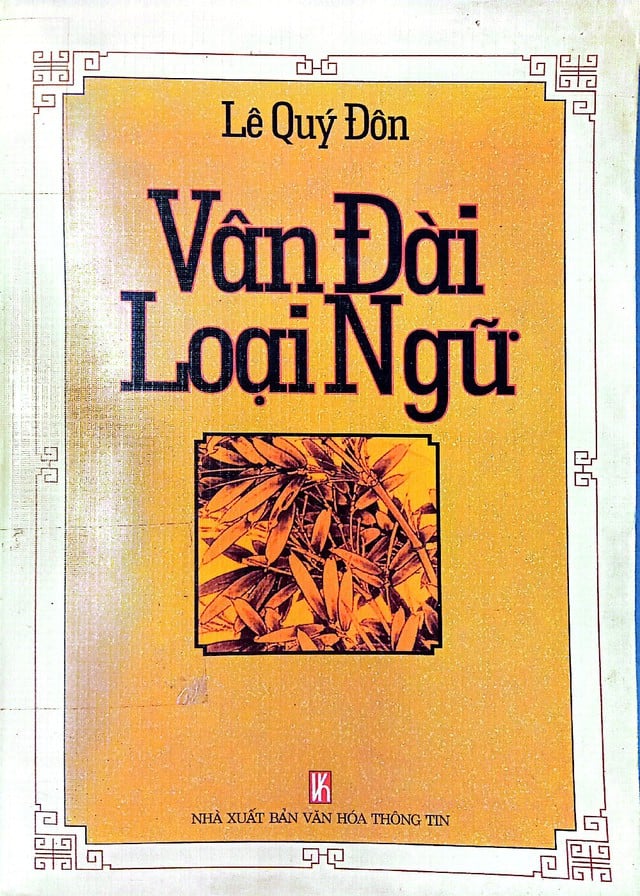
The work Van dai loai ngu by Le Quy Don
Photo: TL
In particular, when coming to the ceremony at Hong Lo Palace, Le Quy Don met the Korean delegation led by Hong Khai Hi. The Korean delegation also had two famous people with good writing skills, Trieu Vinh Tien and Ly Huy Trung. Le Quy Don met and wrote poems with the three people. He also showed them his three works: Thanh mo hien pham luc (recording the good examples of the sages) , Quan thu kha bien (Research on the books of the sages) and His literary talent and responses earned the respect and praise of the Korean people.
In the year of Quy Mui (1763), Le Quy Don wrote Bac su thong luc (recording his journey to China as an ambassador). In the year of Giap Than (1764), he was appointed as the Governor of Kinh Bac, then transferred to become the Tham Chinh of Hai Duong (At Dau, 1765), but he submitted a petition refusing to accept the position and asked to retire. He returned to his hometown to close his shop and write books.
In the beginning of Dinh Hoi year (1767), after Lord Trinh Doanh passed away, Trinh Sam ascended the throne, Le Quy Don was summoned back to the court, appointed as Thi Thu, participated in editing national history, and concurrently served as Vice-Rector of the National University. In the year Mau Ty (1768), he completed Toan Viet Thi Luc (a book about Vietnamese Chinese poetry from the 10th to 16th centuries), and presented it to Lord Trinh. In the year Quy Ty (1773), he wrote Van dai loai ngu (considered the first encyclopedia of Vietnam, covering knowledge in many different fields).
In the beginning of the year At Mui (1775), General Hoang Ngu Phuc attacked Dang Trong and captured Thuan Hoa. In the year Binh Than (1776), Lord Trinh Sam established a town office in Thuan Hoa. Le Quy Don was appointed as the Military Advisor. Here, he compiled the book Phu Bien Tap Luc ( a historical and geographical work about the land of Dang Trong under the Nguyen Lords, from 1558 to 1775).
He died on April 14, year of the Wood Dragon, year 45 of the Canh Hung era (June 11, 1784), at the age of 58.
An outstanding talent
Le Quy Don received high praise from his contemporaries, especially for his academic talent, intelligence and moral qualities.
Dr. Tran Danh Lam, a contemporary, made a very profound and comprehensive comment on Le Quy Don's learning habits and erudition when writing the Preface to the book Van dai loai ngu in 1777: "Le Que Duong, a native of Dien Ha district, read no book, considered no matter to the end", "Every day, whatever he thought of was immediately written into a book, books filled the table, filled the cupboard, countless".
Phan Huy Chu, author of the book "Lich Trieu Hien Chuong Loai Chi" , commented: "Le Quy Don had a different temperament, was more intelligent than others...", "He wrote many books in his life, when discussing classics and history, he was profound and broad; when talking about allusions, he was complete and clear. His forte was above all, he was famous in the world". ( to be continued )
Source: https://thanhnien.vn/le-quy-don-danh-nhan-van-hoa-the-gioi-ngam-dieu-gi-hay-viet-ngay-thanh-sach-185251105221954595.htm





![[Photo] Closing of the 14th Conference of the 13th Party Central Committee](https://vphoto.vietnam.vn/thumb/1200x675/vietnam/resource/IMAGE/2025/11/06/1762404919012_a1-bnd-5975-5183-jpg.webp)






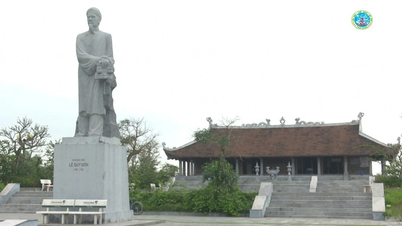

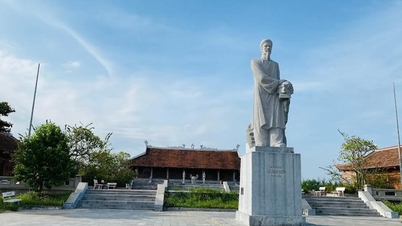

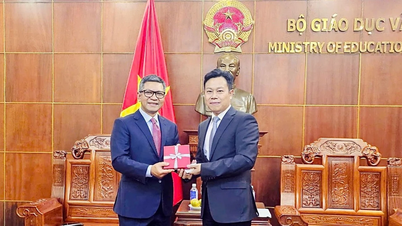
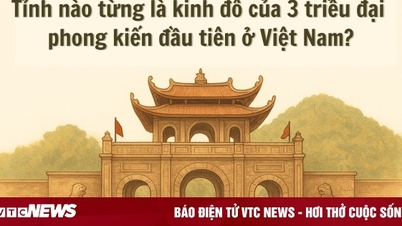
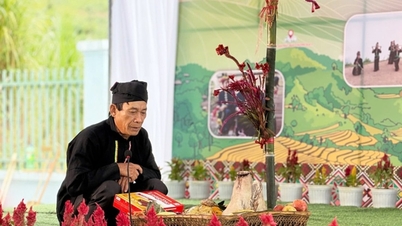


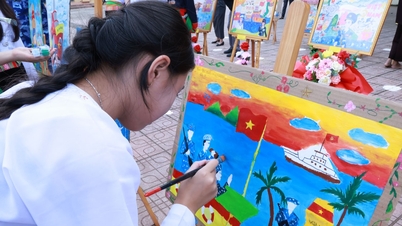

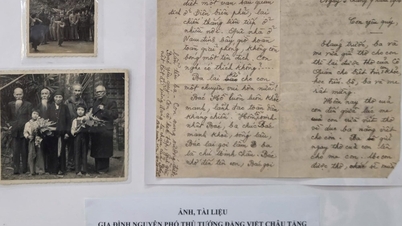



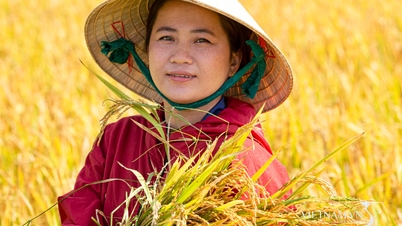







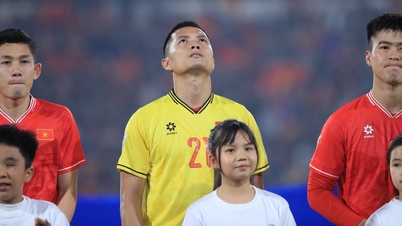


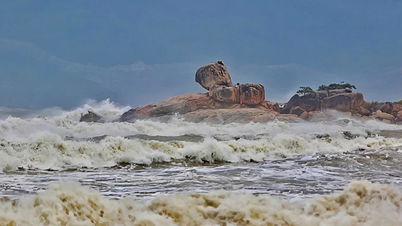




































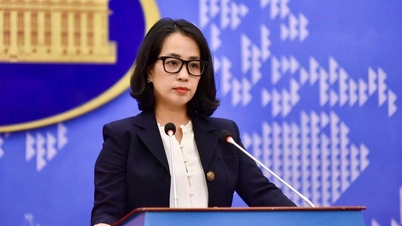
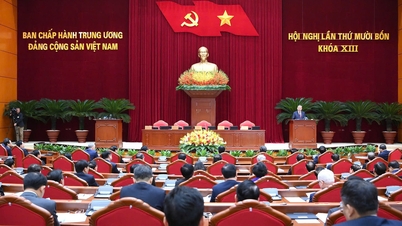
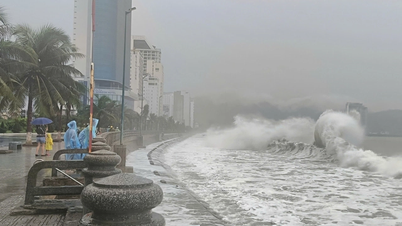
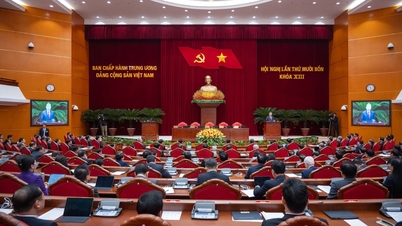





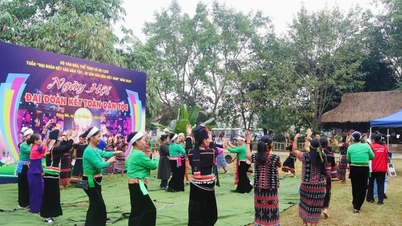
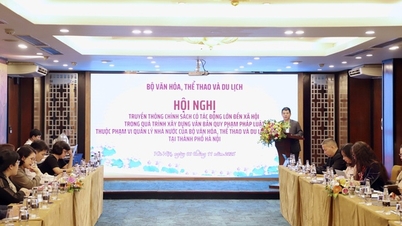

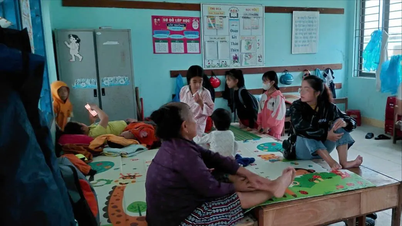
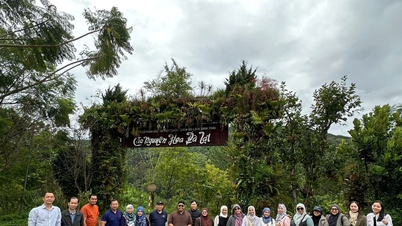

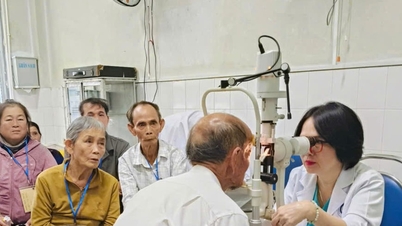

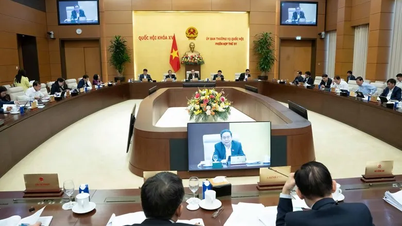
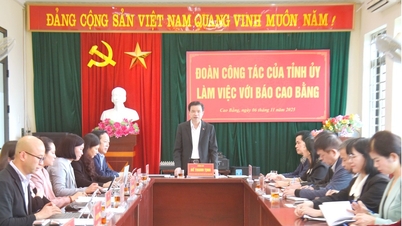













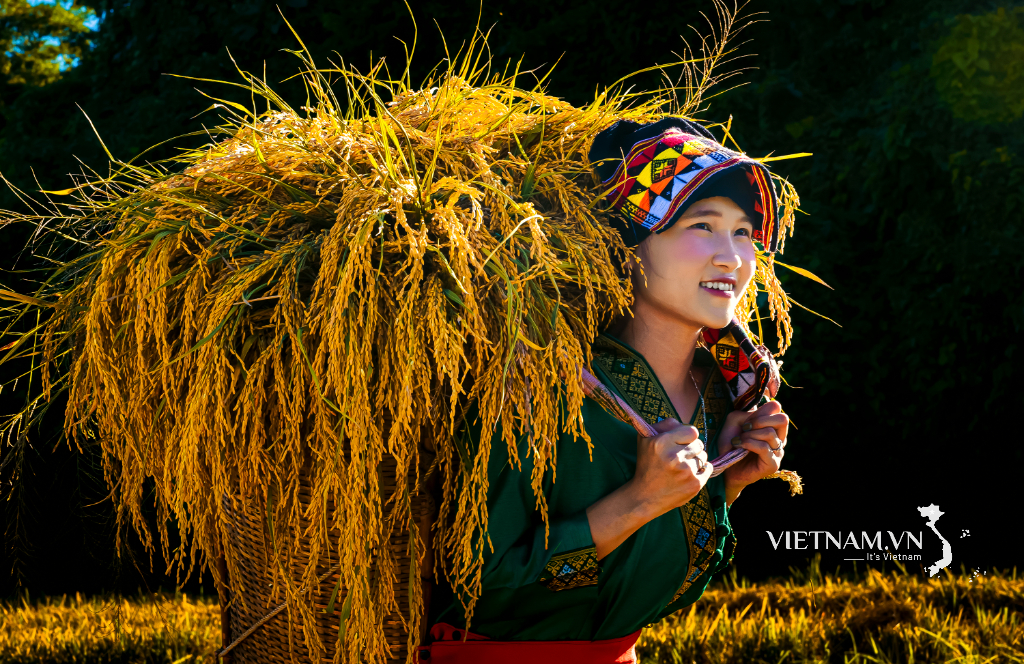

Comment (0)